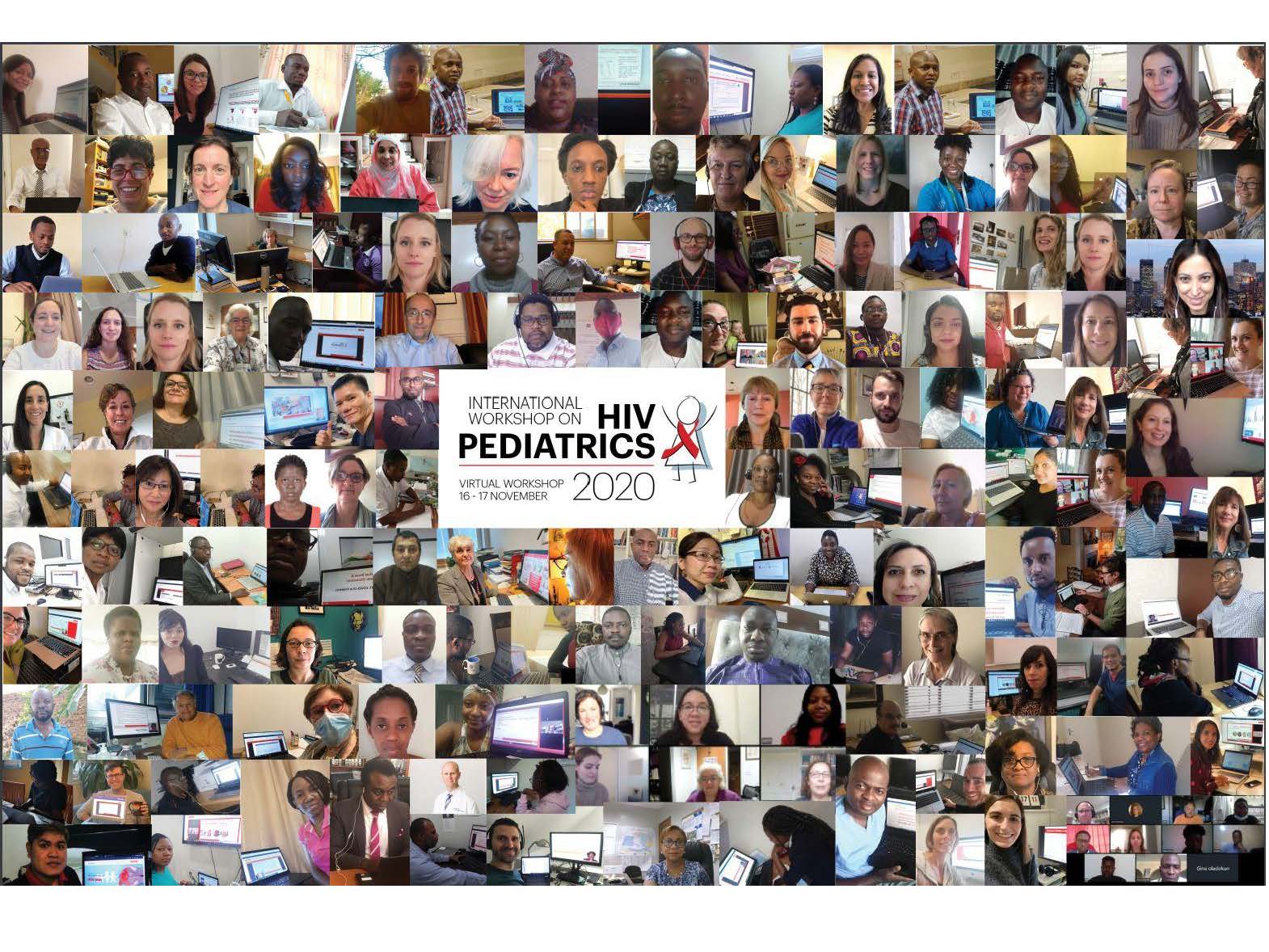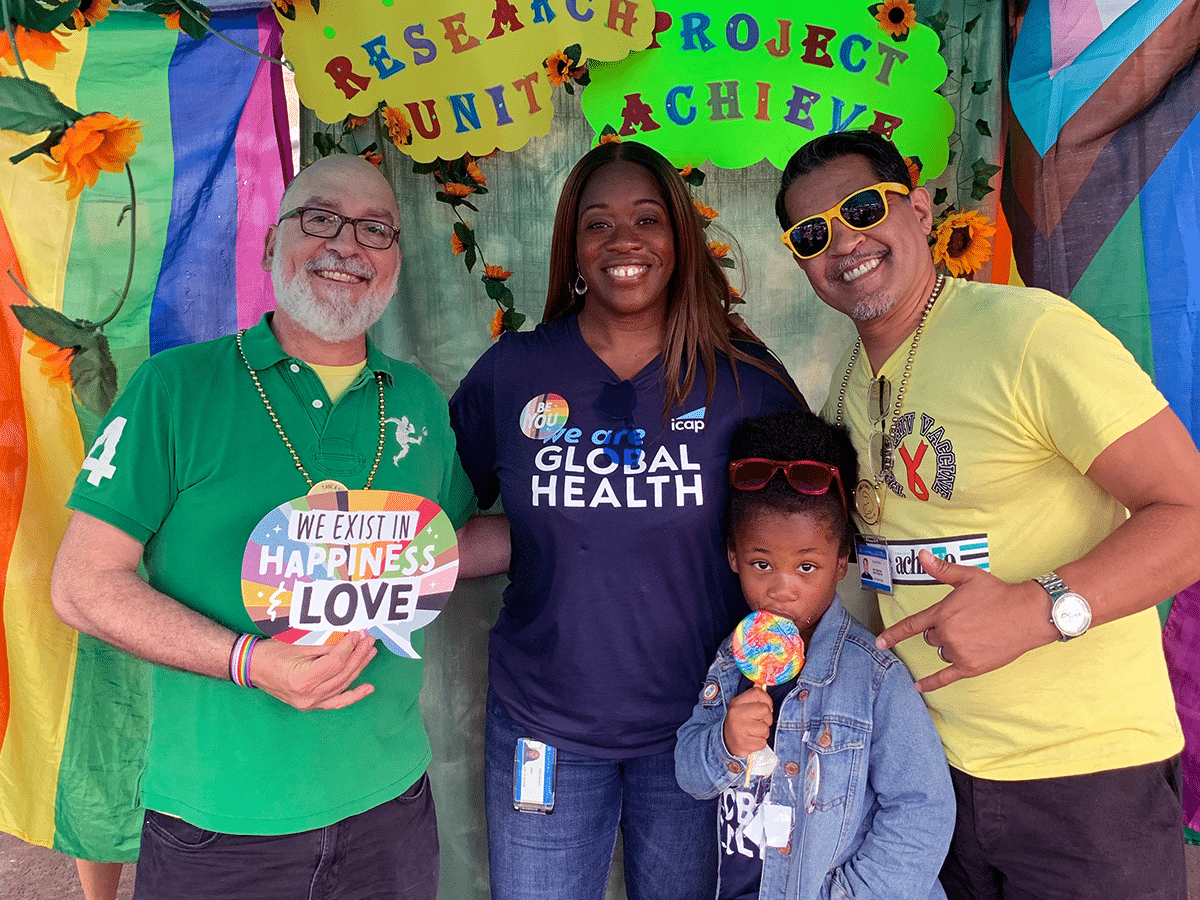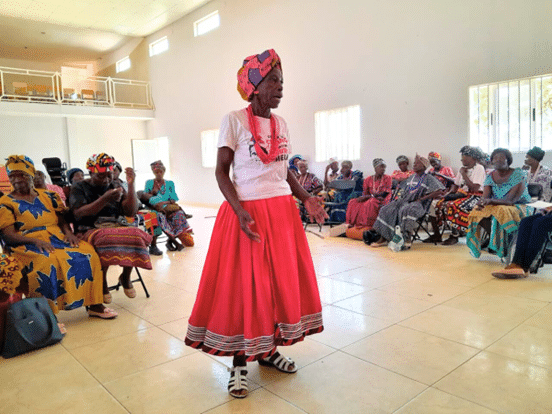The International Workshop on HIV Pediatrics is considered the premiere forum for the world’s leading researchers in the area of prevention and treatment of HIV infections in infants, children, and adolescents. As it has in years’ past, ICAP raised a strong voice at this year’s conference, with Elaine Abrams, MD, senior research director, serving as Workshop Chair.
The two-day event aimed to provide updates on the latest research on new pediatric antiretroviral drugs, treatment and cure strategies in children and adolescents; understand available prevention technologies and their application for prevention of HIV in adolescents in high- and low-resource settings; share results from implementation science research on how to optimally implement proven interventions for prevention of perinatal HIV transmission and pediatric care and treatment in developing countries; and build an understanding of risks for HIV transmission to pregnant and lactating women and implications for the fetus/infants among others.
During this year’s event, which was held virtually due to the COVID-19 pandemic, ICAP presented multiple posters and an oral abstract.
Maureen Syowai, regional technical advisor for ICAP in Kenya, provided the oral presentation titled Antiretroviral Drug Transition and Adverse Event Monitoring among Adolescents 15 to 19 Years of Age in Kenya in which she shared that one in every 10 adolescents with HIV in Kenya had reported at least one adverse event on treatment. In addition, she reported that adolescents on DTG-based antiretroviral treatment had higher rates of viral suppression and no serious adverse events compared with those on efavirenz- based antiretroviral treatment.
ICAP teams presented the following posters:
- Optimized ART regimen transition: Experiences at ICAP supported facilities in Manzini, Eswatini by Anthony Mutiti and Rachel Mudekereza.
- Significant life events and viral suppression outcomes in children starting antiretroviral therapy in South Africa by Anthony Mutiti, Stephen Arpadi, and Elaine Abrams.
- Uptake of 6-8 weeks HIV testing after implementation of HIV birth testing in Manzini, Eswatini by Rachel Medekereza, H. Nxumalo, Anthony Mutiti, Fatima Tsiouris, Sonto Mkhatshwa, P. Dlamini, Harrison Kamiru, A. Kidane, and P. Bongomin.
- Improving retention and viral suppression among HIV positive pregnant women in Nampula Mozambique: Results from a quality improvement collaborative by Fatima Tsiouri, Ilka Rondinelli, Haliche Caliche, Gillian Dougherty, S. Francisco, Eduardo Pimentel de Gusmao, Candido Manjate, Lucas Matavel, E. Simbine, Roberta Sutton, Mirriah Vitale, L. Walker, and Miriam Rabkin.
- Expanded index testing and community-based testing modalities in Nigeria are effective in identifying children living with HIV by A. Traub, J. Firth, and C. Obanubi.
- Antiretroviral drug optimization and viral suppression amongst children and adolescents living with HIV in four states in Nigeria by F. Emerenini, Olawale Fadare, Timothy Yakubu, Chinyerem Immanuel, Prince Anyanwu, Simon Makadi, A. Olowu, and Ruby Fayorsey.
- Point-of-care viral load testing among adolescents and young adults living with HIV in Haiti: A randomized control trial by Elaine Abrams and Stephen Arpadi.
The conference organizers noted that research in pediatric, adolescent, and maternal HIV infections is often a neglected area at major scientific HIV conferences, yet it is critical to achieving an AIDS-free generation.
The conference provided an outstanding forum for many ICAP country officers to collaborate with one another and with other institutions on research in the area of pediatric HIV.
ICAP has been an active participant and voice at the annual pediatric conference in prior years, further reinforcing its research and programmatic strengths as an international leader in global public health.








